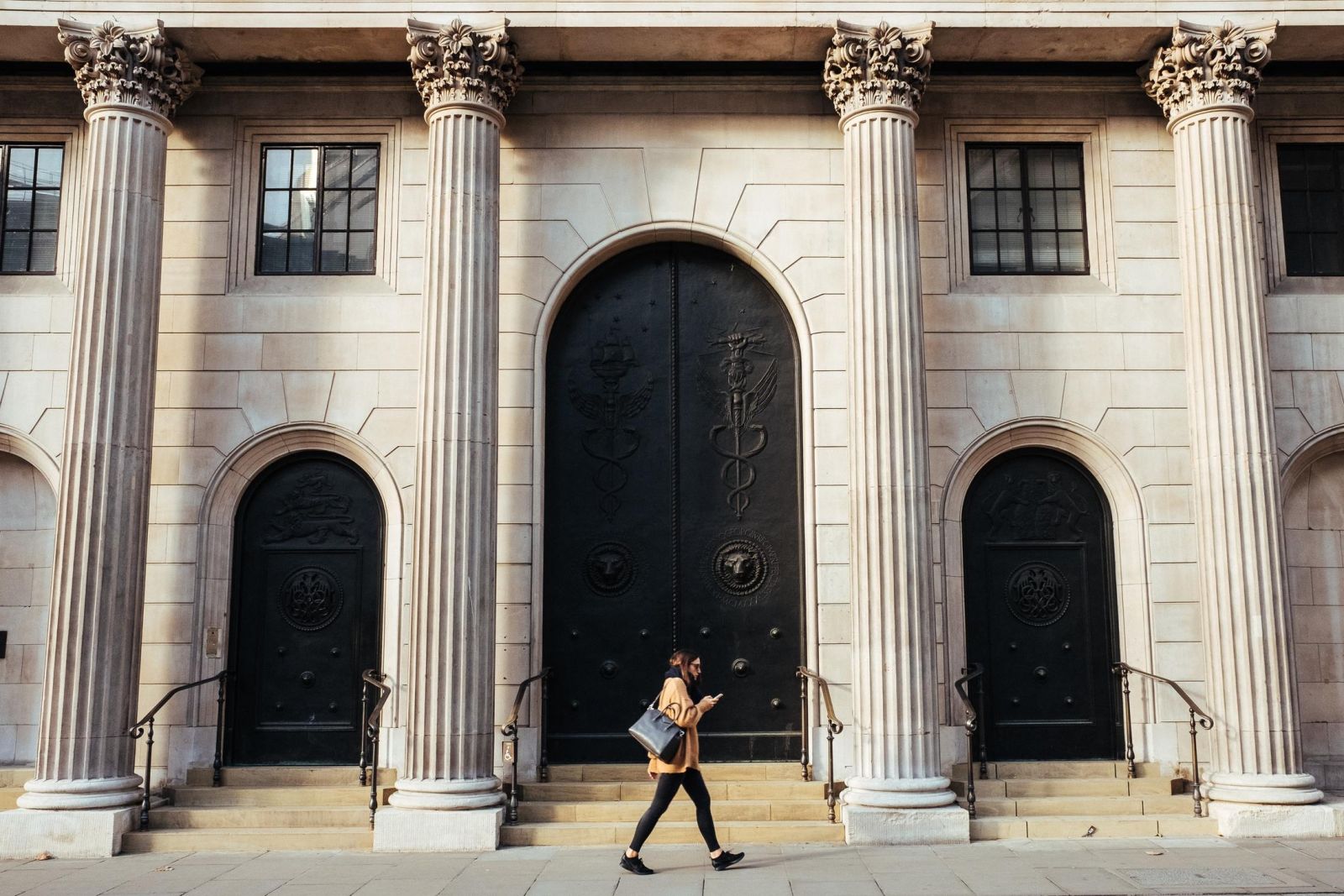
The Bank of England has agreed temporarily to finance government borrowing in response to COVID-19 if funds cannot immediately be raised from debt markets, reviving a measure last used to any large degree during the 2008 financial crisis. The government and BoE said any borrowing from the Ways and Means facility - effectively the government’s overdraft with the BoE - would be repaid by the end of the year. The facility currently has borrowing of 400 million pounds, and usage previously peaked at 19.9 billion pounds in 2008. BoE Governor Andrew Bailey has previously said that the BoE would not engage in ‘monetary financing’ - the permanent funding of government spending, linked to hyperinflation in post-World War One Germany and more recently in Zimbabwe. Bailey defended the BoE’s existing quantitative easing as a means to keep inflation on target and said action to ensure smooth market functioning was also within the BoE’s remit.
European markets traded higher amid hopes that the coronavirus pandemic is reaching a peak, but the latest U.S. unemployment claims data could hit sentiment. The pan-European Stoxx 50 climbed 1.7% in early deals, with travel and leisure stocks jumping 4% to lead gains, as all sectors and major bourses entered positive territory. European markets look set to follow their Asian counterparts, which were trading higher at today’s open, but market sentiment could take a hit when the latest U.S. unemployment claims report is published later today. Dow Jones Industrial Average slipped 35 points, pointing to an opening dip of about 111 points. S&P 500 and Nasdaq-100 also pointed to slightly lower Thursday opens for the two indexes.
Italy could look to ease some of its stringent lockdown restrictions at the end of April, the country’s prime minister has said, once again calling on Europe to help the country at the epicentre of the continent’s outbreak. Prime Minister Giuseppe Conte said that the national lockdown in Italy, in place since March 9, could only be eased gradually. Conte, who has been pushing (along with other European nations, mainly in the south) for Europe to issue joint bonds as a way to help restart the region’s economy, said once again that the European project risked failing if leaders didn’t act. A feud between Italy and the Netherlands over the conditions to eurozone credit is blocking progress of half a trillion euros of EU aid. Most western European governments have said that it is too early to put a date on plans to lift lockdown measures but others have cautiously announced plans to lift coronavirus lockdown measures over the coming days. Austria, the Czech Republic, Denmark and Norway have now all announced plans to slowly relax national lockdowns later this month.
Oil prices rose on expectations the world’s largest oil producers would agree to cut production at a meeting later in the day as the industry grapples with a coronavirus-driven collapse in global oil demand. Hopes of an agreement to cut between 10 million and 15 million barrels per day rose after media reports suggested Russia was ready to reduce its output by 1.6 million bpd and Algeria’s energy minister said he expected a “fruitful” meeting. Such a sizable reduction would be far bigger than any production cut OPEC has ever agreed on before. U.S. Energy Information Administration data on Wednesday showed crude stocks rose by 15.2 million barrels, their biggest ever one-week rise.



